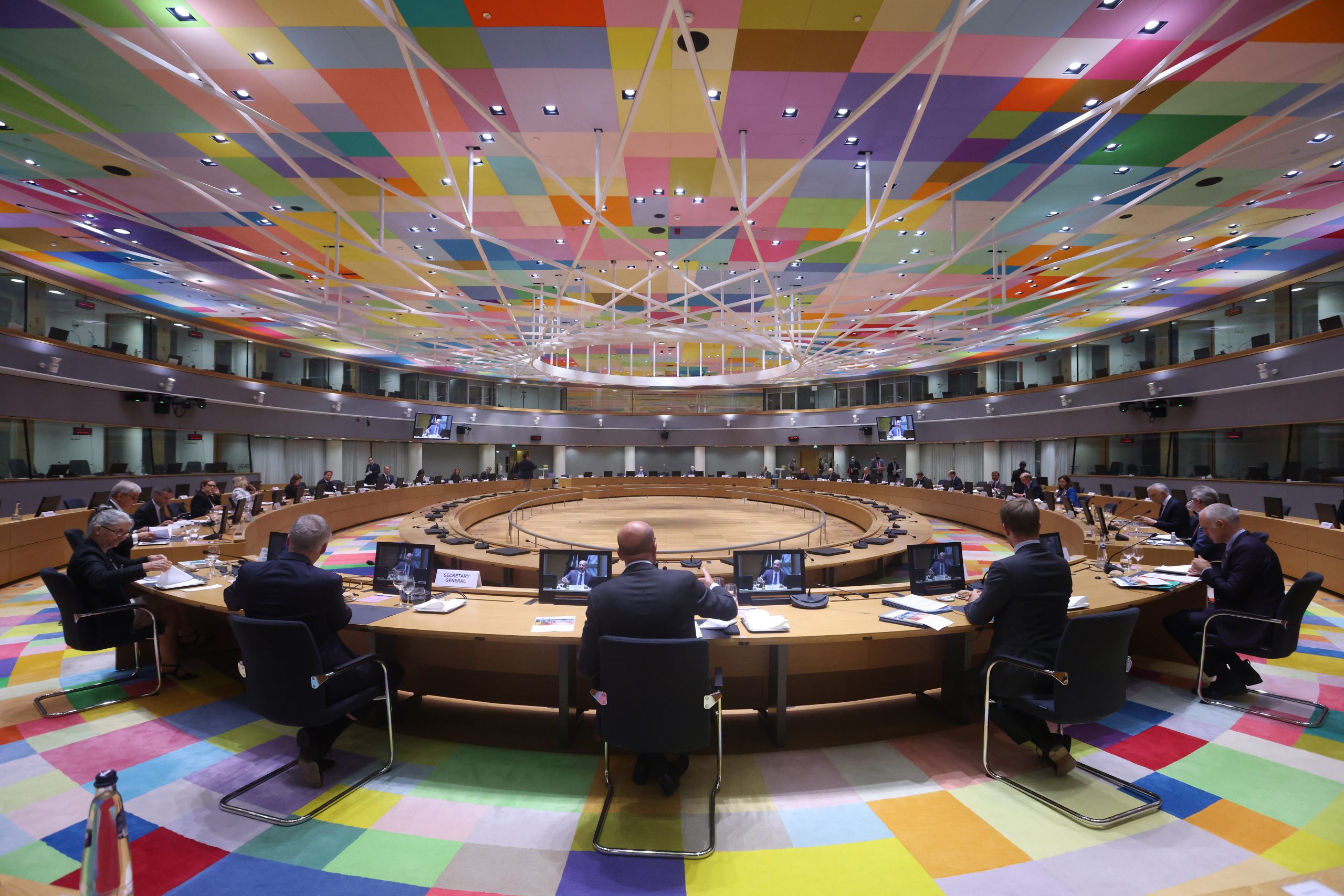2022 EU budget: Council agrees its position
 © European Union, 2020, Council of the EU – Audiovisual resources
© European Union, 2020, Council of the EU – Audiovisual resourcesMember states’ EU ambassadors today agreed the Council’s position on the 2022 EU draft budget. In total, the Council’s position amounts to €167.7 billion in commitments and €170 billion in payments. The 2022 budget will be complemented by Next Generation EU funds designed to help boost the European economic recovery.
Next year’s budget will play an important role in the economic recovery from the COVID-19 pandemic and in increasing resilience to future crises. We put forward a realistic and well-balanced proposal that was supported by the member states. Our aim is to provide adequate resources for the EU’s priorities, such as the green and digital transitions, cohesion and innovation. At the same time, we have to make sure that optimal use is made of the resources. The agreement reached today forms a good basis for the upcoming negotiations with the European Parliament, which we hope will lead to the 2022 budget being adopted in good time.
Irena Drmaž, Slovenia’s Ministre Délégué for the negotiations of the EU budget
The Council conducted a detailed analysis of the 2022 EU draft budget that the Commission presented on 8 June. In order to avoid bigger increases compared to 2021 and to ensure a realistic capacity to absorb funds, it proposes to back-load part of the financing of some budget lines to the second part of the 2021-2027 Multiannual Financial Framework (MFF) period. The Council also stresses that administrative expenditure in the 2022 budget, in particular regarding the level of staff resources, should be in line with the current MFF agreement.
A summary of the Council’s position is set out in the table below*
| Council’s position on 2022 DB | Council’s changes to 2022 DB | |||
| c/a | p/a | c/a | p/a | |
| MFF headings | ||||
| 1 Single Market, Innovation and Digital | 21 219 091 840 | 21 588 101 276 | -425 050 000 | -141 200 000 |
| 2 Cohesion and Values | 55 707 144 548 | 61 882 579 325 | -391 439 000 | -336 772 333 |
| 2.1 Economic, Social and Territorial Cohesion | 49 706 125 007 | 56 349 452 460 | ||
| 2.2 Investing in Competitiveness, People and Values | 6 001 019 541 | 5 533 126 865 | -391 439 000 | -336 772 333 |
| 3 Natural Resources and Environment | 56 072 406 716 | 56 499 743 963 | -25 000 000 | -8 330 000 |
| 4 Migration and Border Management | 3 078 967 387 | 3 075 985 566 | -45 000 000 | -45 000 000 |
| 5 Security and Defence | 1 765 291 945 | 1 231 194 518 | -20 000 000 | -6 666 667 |
| 6 Neighbourhood and the World | 16 197 442 918 | 12 243 385 271 | -501 000 000 | -163 666 666 |
| 7 European Public Administration | 10 822 495 097 | 10 822 595 097 | -22 767 077 | -22 767 077 |
| Total for MFF headings | 164 862 840 451 | 167 343 585 016 | -1 430 256 077 | -724 402 743 |
| Emergency Aid Reserve (EAR) | 1 298 919 000 | 1 298 919 000 | ||
| European Globalisation Adjustment Fund (EGF) | 201 332 382 | 25 000 000 | ||
| Brexit Adjustment Reserve (BAR) | 1 298 918 592 | 1 298 918 592 | 1 298 918 592 | 1 298 918 592 |
| Total for special instruments | 2 799 169 974 | 2 622 837 592 | 1 298 918 592 | 1 298 918 592 |
| Total appropriations | 167 662 010 425 | 169 966 422 608 | -131 337 485 | 574 515 849 |
*in €, c/a: commitments, p/a: payments, DB: draft budget
Next steps
The Council will formally adopt its position by written procedure ending on 6 September and then present it to the European Parliament. The Parliament is expected to agree on its mandate for the budgetary negotiations during the plenary session of 18-21 October. If the positions of the two institutions diverge, the 21-day conciliation period will start on 26 October and run until 15 November. If the Council and the European Parliament do not reach an agreement on the 2022 budget by the end of that period, the Commission will propose a second draft budget.
